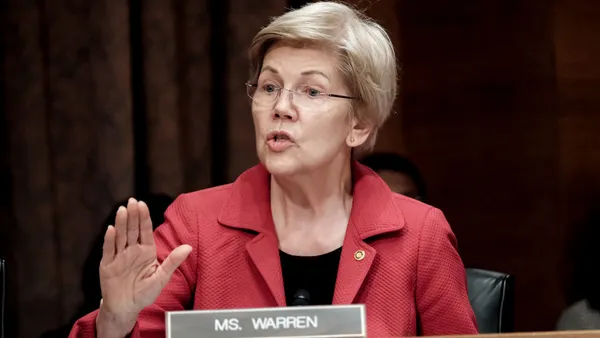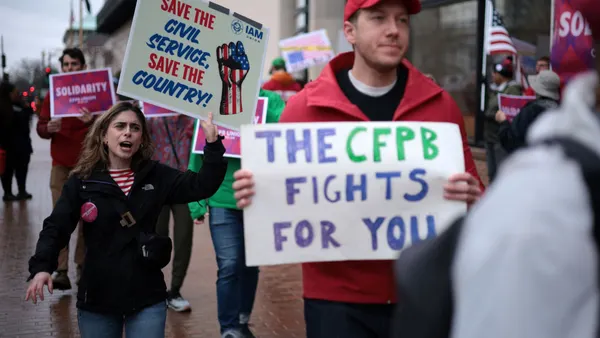Stifel has rejected a proposed settlement from the Commodity Futures Trading Commission over the regulator’s investigation into faulty recordkeeping of off-channel communications, the investment bank said Wednesday in a filing.
In its disclosure, Stifel noted that it did, by contrast, accept the Securities and Exchange Commission’s settlement of a probe on similar grounds.
The SEC in September announced a $35 million penalty against Stifel – the steepest amount among a raft of 11 orders against units from Regions Bank, the Canadian Imperial Bank of Commerce and Italy’s Intesa Sanpaolo.
As for the CFTC negotiation, Stifel “has established an accrual for potential losses that are probable and reasonably estimable, but at this time, based upon currently available information and review with outside counsel, the Company is not able to state with certainty that a settlement will be achieved or the ultimate resolution of the matter,” the St. Louis-based investment bank disclosed Wednesday.
Stifel did not respond to a request for further comment by press time.
The CFTC did not respond to a request for comment by press time.
The SEC and CFTC, since 2021, have issued billions of dollars in penalties against scores of financial institutions whose employees have been caught conducting business through personal messaging platforms such as WhatsApp. The companies, meanwhile, have kept insufficient records of those communications, the regulators said.
September’s orders marked at least the sixth round of penalties from both regulators involving multiple banks. JPMorgan Chase saw $200 million in penalties from the regulators — $125 million went to the SEC; $75 million to the CFTC — in December 2021. That provided a template for follow-up rounds.
Citi, Goldman Sachs, Morgan Stanley, UBS, Credit Suisse, Barclays and Deutsche Bank also took $200 million penalties, with the same 125/75 breakdown between regulators, in September 2022. Bank of America took slightly more.
Successive rounds have seen HSBC, Wells Fargo, U.S. Bank, TD, BNY, RBC and Truist take penalties. And as time has worn on, the targets — and the fines — have been smaller.
“Widespread and longstanding failures … may result in robust civil penalties,” Gurbir S. Grewal, the now-former director of the SEC’s Division of Enforcement, said in announcing the September orders.












